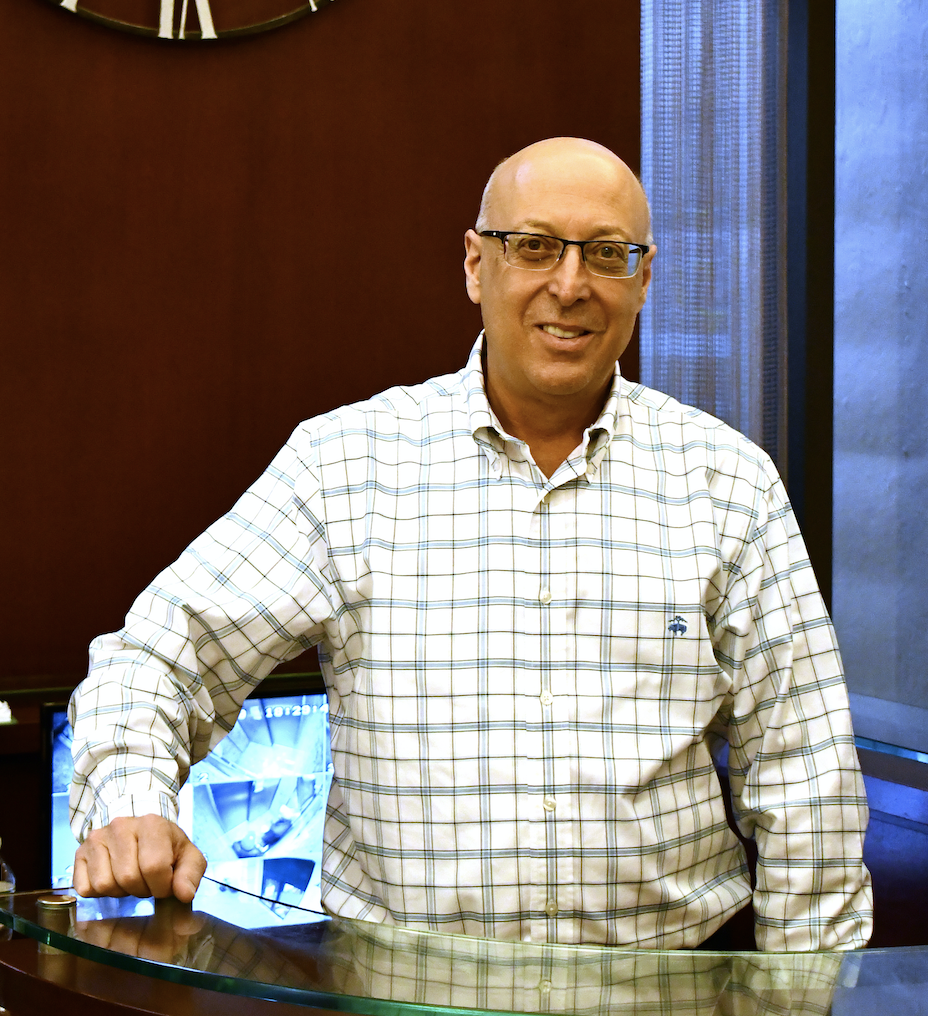North Shore Towers resident Martin Schwartzman is fighting an internal battle against an autoimmune disease that has prompted him to seek a partial liver transplant from a living donor.
Schwartzman, 63, was diagnosed in 2016 with Primary Sclerosing Cholangitis (PSC), which is a disease of the bile ducts that carries digestive liquid bile from the liver to the small intestines.
According to WebMD, in PSC, inflammation causes scars within the bile ducts. These scars make the ducts hard and narrow and gradually cause serious liver damage.
In most people, the disease progresses slowly. It can eventually lead to liver failure, repeated infections, and tumors of the bile ducts or liver. According to WebMD, a liver transplant is the only known cure for advanced PSC.
Schwartzman has been searching for a living donor with Type O Blood since June, he said. His condition has progressed to the point where his liver is permanently damaged and his only hope for long-term survival is a living donor.
“I’ve had a few people and most have been women, but with women the liver isn’t big enough or in some cases, their liver is too vascular,” Schwartzman said.
A living-donor transplant is a surgical procedure in which a portion of the liver from a healthy person is placed into someone whose liver is no longer working properly. According to Schwartzman, the donor’s remaining liver will re-grow and return to its normal size and capacity shortly after the surgery and the transplanted version will grow and restore normal function in the recipient.
“A living donor is better because there’s no trauma,” Schwartzman said. “Some people go to other states, and if I want to try to get a deceased donor, I’d have to think about probably going to Arizona.”
Schwartzman’s diagnosis took a deep turn for the worst in the last year or so, he said. His symptoms include unbearable itching unable to sleep at night, fatigue and bloating of the belly.
“I’m up every hour or two every night scratching my arms and legs. When the bile backs up in my system, the bile salts cause itching and it’s in the skin,” Schwartzman said. “I’ve lost a lot of weight and muscle mass. I’m so much thinner and not as strong as I used to be.”
Schwartzman’s schedule includes seeing a list of doctors. He goes to NYU Langone Hospital twice a week for plasma infusions to drain the bile and filter his blood, which helps to relieve the itching. He also goes twice a week to a dermatologist for UV light treatment followed by a regular checkup with other doctors.
When Schwartzman found out he was diagnosed with the disease, he was terrified of the thought of having to do a liver transplant.
“My doctor had said, ‘When it’s time for a transplant, you’re going to tell me you want it before I tell you,’” Schwartzman said. “I told my doctor I can’t wait to get this done. They told me if I find a living donor, it should be successful and I can live a normal life.”
For Schwartzman, a liver transplant will help save his life and the ability to continue caring for his 27-year-old son, Robby, who has autism.
“My wife passed away 10 years ago and it was pretty traumatic for my children, and my son is upset now seeing me sick,” Schwartzman said. “I believe I have a lot more things to do in this world.”
Between his doctor’s appointments, Schwartzman keeps busy by doing consulting work from home and is the treasurer of North Shore Towers.
Schwartzman is in relatively good health, but he’s desperate to find a living donor (male or female) with Type O Blood.
“When it comes down to it, the anatomy has to be right, so the doctor can get the piece they want without harm or risk to the donor,” Schwartzman said.
A thorough exam and meeting will be conducted, and anyone who wants to get tested will be covered by Schwartzman’s medical insurance — including surgery and a follow up. There will be no out-of-pocket cost for the entire process.
If you or someone you know is willing to help or would like additional information about being a living donor, email Marty Schwartzman at Liver4marty@gmail.com. For more information on liver transplants and living donors, click here. For video visits for living donor evaluations, call 212-263-3621 to schedule an appointment, or email nyutrlivingdonor@nyulangone.org.


































